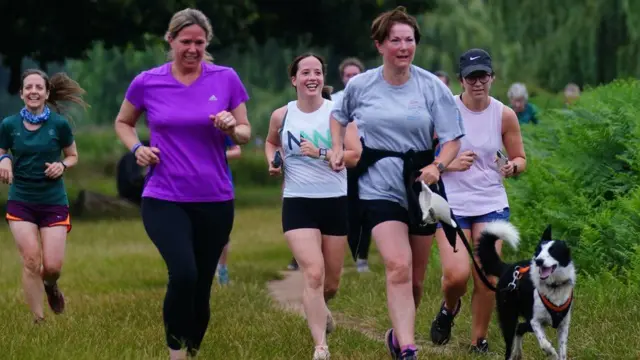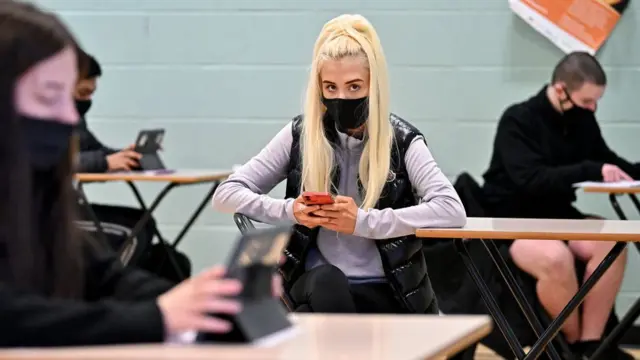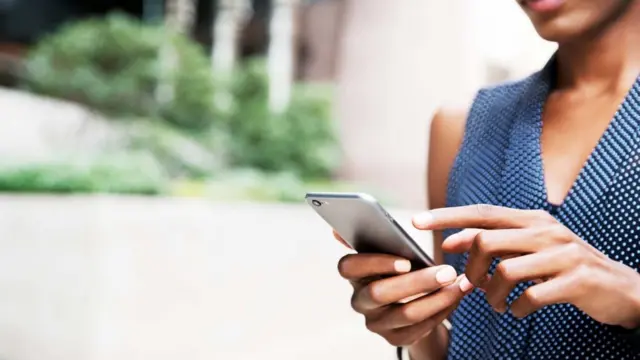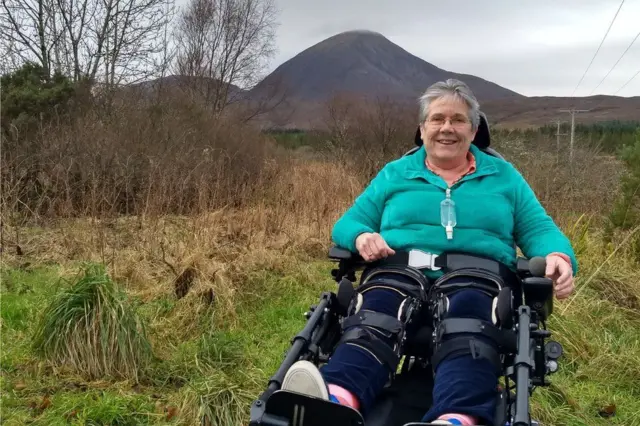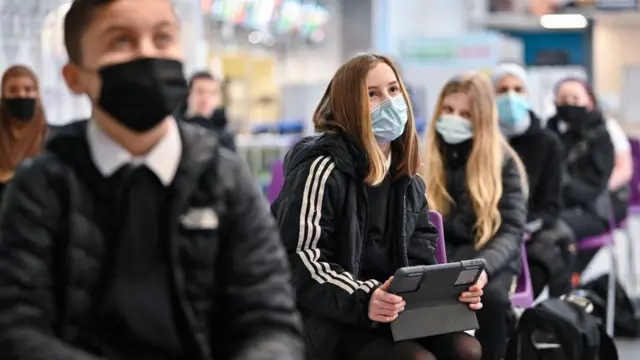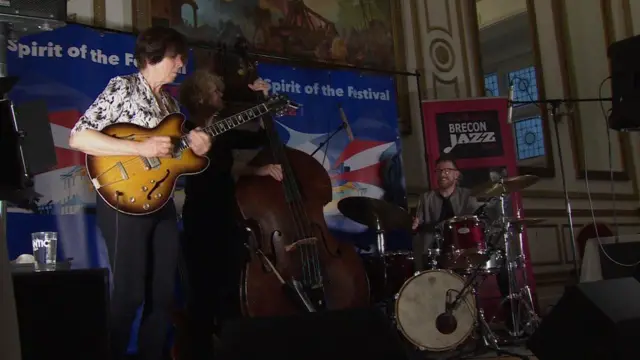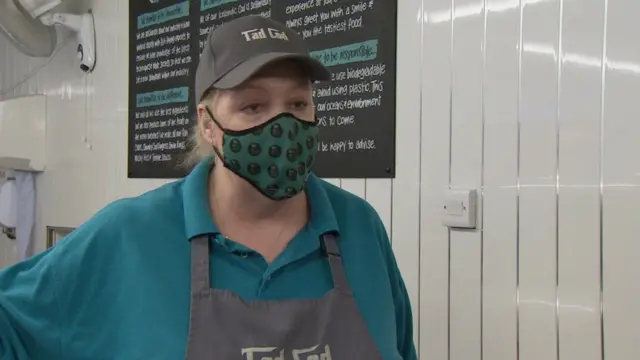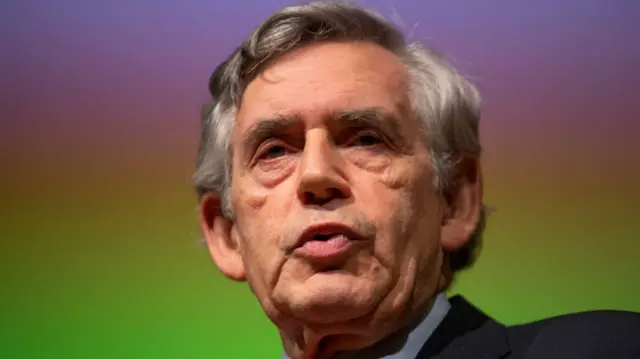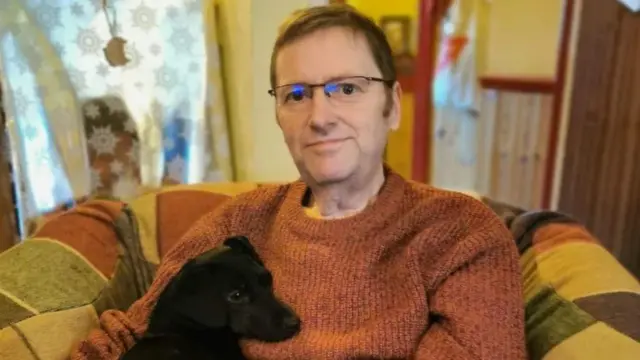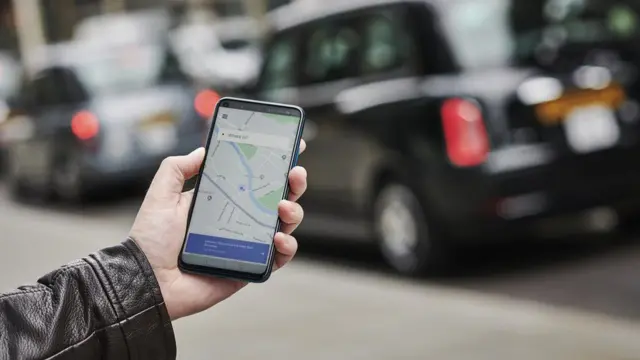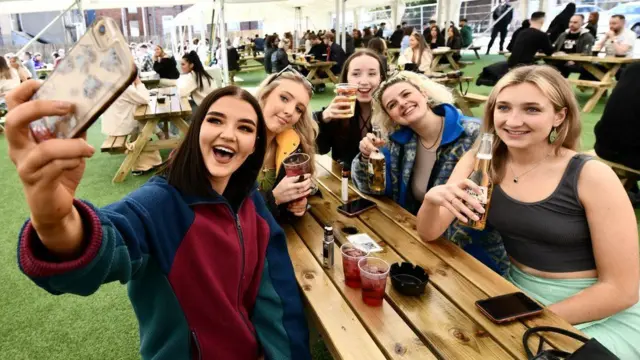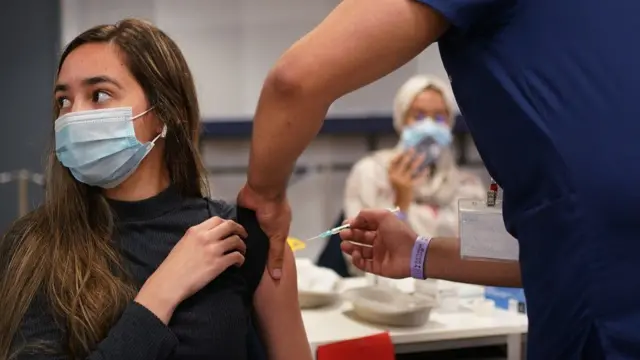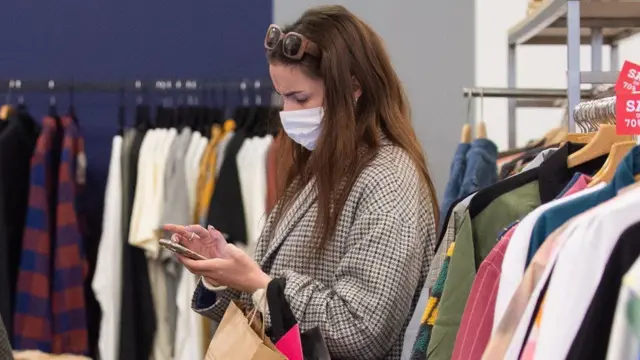Isle of Man care homes start phased reopeningpublished at 12:14 BST 16 August 2021
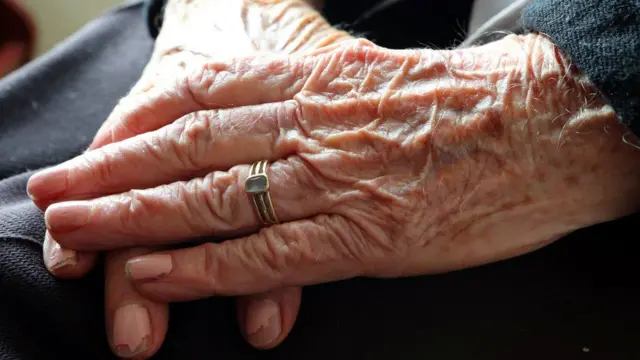 Image source, PA Media
Image source, PA MediaFive of the eight Manx Care homes are to see a staggered reopening
Residential care homes run by Manx Care are starting a staggered reopening after being closed amid rising coronavirus infections.
Eight care homes on the Isle of Man have been closed to visitors and new admissions after "increased levels of community transmission".
Reayrt-ny-Baie in Douglas - which was the first care home to close in July when Covid cases emerged there - will stay shut because of "the continued outbreak of Covid-19 in the home".
But other care homes on the island are reopening. However, strict rules will stay in place for at least two weeks, including mandatory lateral flow tests and PPE usage for visitors.
Visits are limited to one person for a maximum of 15 minutes.
There are currently 582 active Covid cases on the island, with 12 people being treated in hospital.
Meanwhile more than 60,500 people have received two doses of a vaccine.

